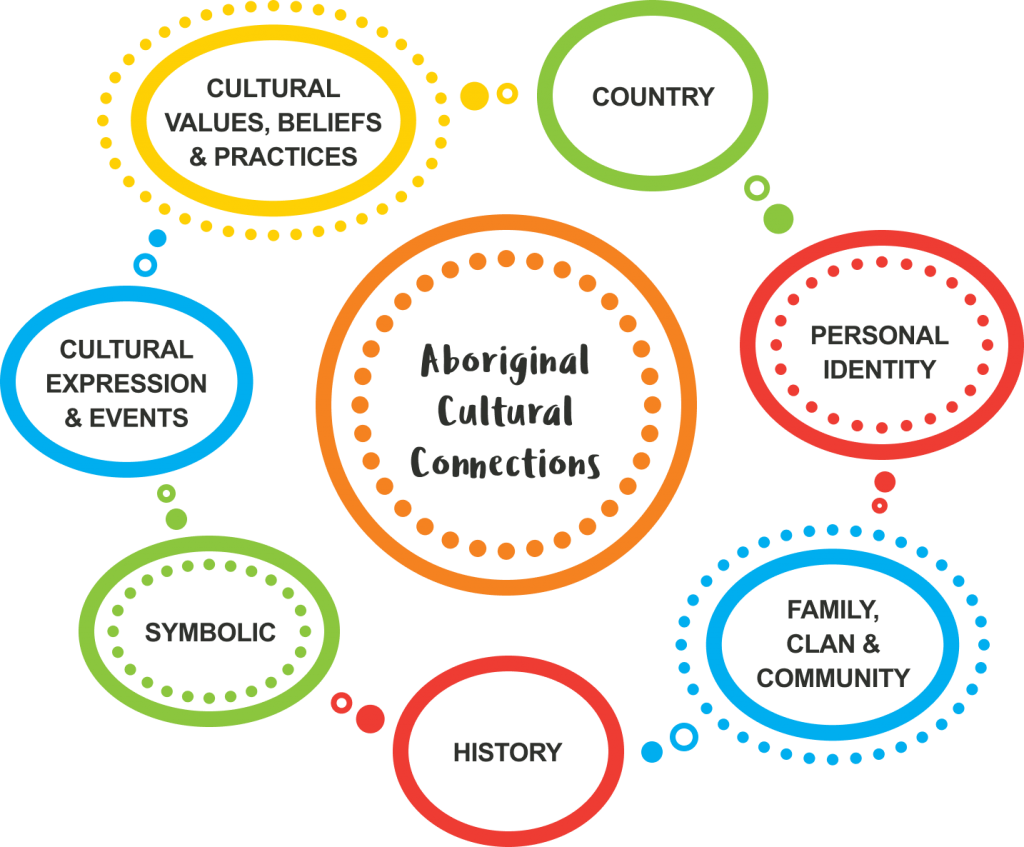Local Knowledge Social Identity And Conflicts Around Traditional

Pdf Local Knowledge Social Identity And Conflicts Around Traditional It is important to emphasise that social identity is linked to local cultures and traditions and spans beyond purely economic status (bogadóttir & olsen, 2017). traditional knowledge and practices have always sustained livelihoods, culture, identities and agricultural resources of local and indigenous communities throughout the world. The theoretical lens of social identity contributes to better understanding tensions between scientific and local knowledge by bringing forward social categorisation, polarisation and power relations as drivers of conflicts. involvement of local communities and respect for their cultural heritage, knowledge and practices can assist in more.

Aboriginal Culture And History Aboriginal Cultural Capability Toolkit Traditional knowledge and culture around atlantic salmon. when loo king into the tr adition and cu rrent statu s of marine salmon f isheries in no rway, one cannot avo id the ongoing he ated. Doi: 10.1111 fme.12522 corpus id: 244482350; local knowledge, social identity and conflicts around traditional marine salmon fisheries – a case from mid‐norway. Traditional and local knowledge is the collective body of knowledge, innovations, and practices of indigenous peoples and local communities worldwide (un 1992).in this context, “traditional” implies that the knowledge is gained through extensive experience in a specific place, landscape, or ecosystem and carried from one generation to the next (curci 2010). The biocultural approach recognizes that indigenous and local knowledge are not robust to every kind of shock; climate change, market forces, sedentarization, conflicts and breakdown of traditional management mechanisms, can lead to patterns of overgrazing and degradation (e.g. weber & horst, 2011). this is why innovation and adaptation.

Local Knowledge Social Identity And Conflicts Around Traditional Traditional and local knowledge is the collective body of knowledge, innovations, and practices of indigenous peoples and local communities worldwide (un 1992).in this context, “traditional” implies that the knowledge is gained through extensive experience in a specific place, landscape, or ecosystem and carried from one generation to the next (curci 2010). The biocultural approach recognizes that indigenous and local knowledge are not robust to every kind of shock; climate change, market forces, sedentarization, conflicts and breakdown of traditional management mechanisms, can lead to patterns of overgrazing and degradation (e.g. weber & horst, 2011). this is why innovation and adaptation. In this study exploring ecological grief, inuit study participants from nunatsiavut, canada explained how their knowledge and identity comes from ‘knowing the land’ (cunsolo and ellis, 2018: 277). as such, climate change impacts such as sea ice melt are causing a loss of environmental knowledge and identity: ‘inuit are people of the sea ice. Think globally, act locally. local knowledge systems (lks) consist of the knowledge, beliefs, traditions, practices, institutions, and worldviews developed and sustained by indigenous and local communities, and are believed to represent an adaptive strategy to the environment in which these communities live. the value of lks has been contested.

1 Characteristics Of Traditional Knowledge Download Scientific Diagram In this study exploring ecological grief, inuit study participants from nunatsiavut, canada explained how their knowledge and identity comes from ‘knowing the land’ (cunsolo and ellis, 2018: 277). as such, climate change impacts such as sea ice melt are causing a loss of environmental knowledge and identity: ‘inuit are people of the sea ice. Think globally, act locally. local knowledge systems (lks) consist of the knowledge, beliefs, traditions, practices, institutions, and worldviews developed and sustained by indigenous and local communities, and are believed to represent an adaptive strategy to the environment in which these communities live. the value of lks has been contested.

Criticality Of Local Knowledge

Comments are closed.